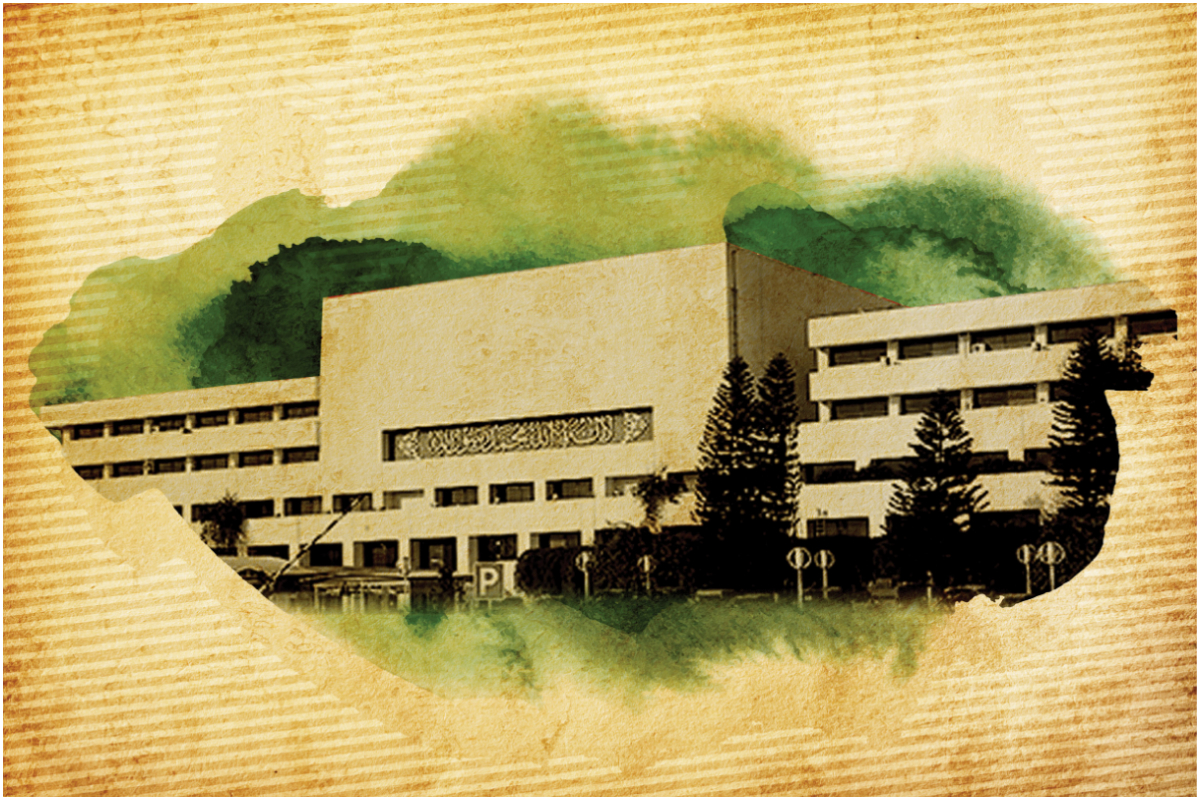
Year of Upheavals
The National Assembly witnessed historic events during the year 2022
Islamabad: The calendar year 2022 has seen a series of upheavals in Pakistan’s parliamentary history, including the no-trust move against the government of former prime minister Imran Khan which culminated in the first-ever removal of an elected government from power through legal means.
Mr Khan’s ouster from power took place in April. Since then, the parliament has been left without a proper opposition as Mr Khan’s Pakistan Tehreek-e-Insaf (PTI) party refused to return to the parliament. The only opposition at the moment comprises some PTI dissidents and the party’s erstwhile allies who have opted to stay on their benches. In May, the speaker of the National Assembly designated Raja Riaz Ahmad Khan, a PTI dissident, as the leader of the opposition.
With most opposition benches remaining vacant, there is hardly any meaningful dissent in evidence on proposed legislation moved by the government. Most bills have sailed through the process without any opposition. Some bills which the upper house of the parliament, the Senate, failed to process in due time, were referred to the joint sitting of the parliament where they were passed with majority vote.
According to data provided by Free and Fair Election Network (FAFEN), the National Assembly held a total of eight sessions, comprising 88 sittings, during 2022. In addition, two joint sessions of the parliament, comprising five sittings, were held during this period.
The National Assembly passed a total of 60 bills during the year ongoing period. Of these, 16 bills were passed during the PTI rule, while the remaining 44 bills were passed under the present Pakistan Democratic Alliance (PDM) government which replaced PTI after the April no-trust vote.
Another 18 bills were passed during the parliaments’ joint sessions during the year.
According to data, shortage of quorum at the National Assembly was pointed out a total of 20 times during the year. On 15 occasions the sitting was adjourned while on one occasion the session was prorogued.
Imran Khan as prime minister attended only one sitting of the National Assembly until 10 April, when his government was removed from power following a no-confidence vote. His successor, Shehbaz Sharif, has attended nine parliamentary sittings since taking power.
During the year, a total of 36 bills passed by the parliament and granted formal assent by the president have become Acts of the Parliament. Of these, nine bills were passed when the PTI was in power, while 27 were passed by the incumbent PDM government.
Some significant legislation passed into law during the year includes the Juvenile Justice System (Amendment) Bill that became an act of law on 13 January. It was the first law enacted by the parliament during the calendar year.
Then came the controversial Finance Supplementary Act 2022 as well as the State Bank of Pakistan (Amendment) Act 2022. The bills were part of the PTI government’s efforts to fulfill the conditions of the International Monetary Fund (IMF). The Finance Supplementary Act was aimed at withdrawing exemptions on taxes and duties which the government had earlier granted in violation of the IMF terms. The bill concerning the State Bank aimed at granting autonomy to the bank, another IMF condition.
The legislation, that was enacted on 15 January, added to the financial woes of the general public as prices of essential commodities went up, compounding inflationary pressures. But the government was left with no choice but to enact these laws to ensure that the IMF’s executive board would clear the sixth review of its $6 billion Extended Fund Facility programme for Pakistan.
The next phase of legislation started when a coalition PDM government consisting of parties such as the Pakistan Muslim League-Nawaz (PML-N), the Pakistan Peoples’ Party (PPP), Jamiat-e-Ulema-e-Islam-Fazal (JUI-F) and some smaller groups moved into power in mid-April.
The 27 bills that have been singed into Acts of Parliament under this government include a controversial legislations pertaining to the National Accountability Bureau (NAB), among others. The National Accountability (Second Amendment) Bill was passed during a joint sitting of the parliament on 9 June, and was signed into an act on 11 August.
The PTI has reacted by saying that by passing this legislation the government has awarded itself an NRO-2 – a reference to the Gen Musharraf-era National Reconciliation Ordinance, or NRO, which was aimed at withdrawing false corruption charges levelled against the politicians by his military regime. According to PTI, by curbing NAB’s powers the ruling elite aim to secure their vested interests.
Meanwhile, during 2022, a total of 43 private member’s bills were tabled in the National Assembly, and six of them were referred to the joint sitting of the parliament.
Catch all the National Nerve News, Breaking News Event and Latest News Updates on The BOL News
Download The BOL News App to get the Daily News Update & Live News.












 Read the complete story text.
Read the complete story text. Listen to audio of the story.
Listen to audio of the story.